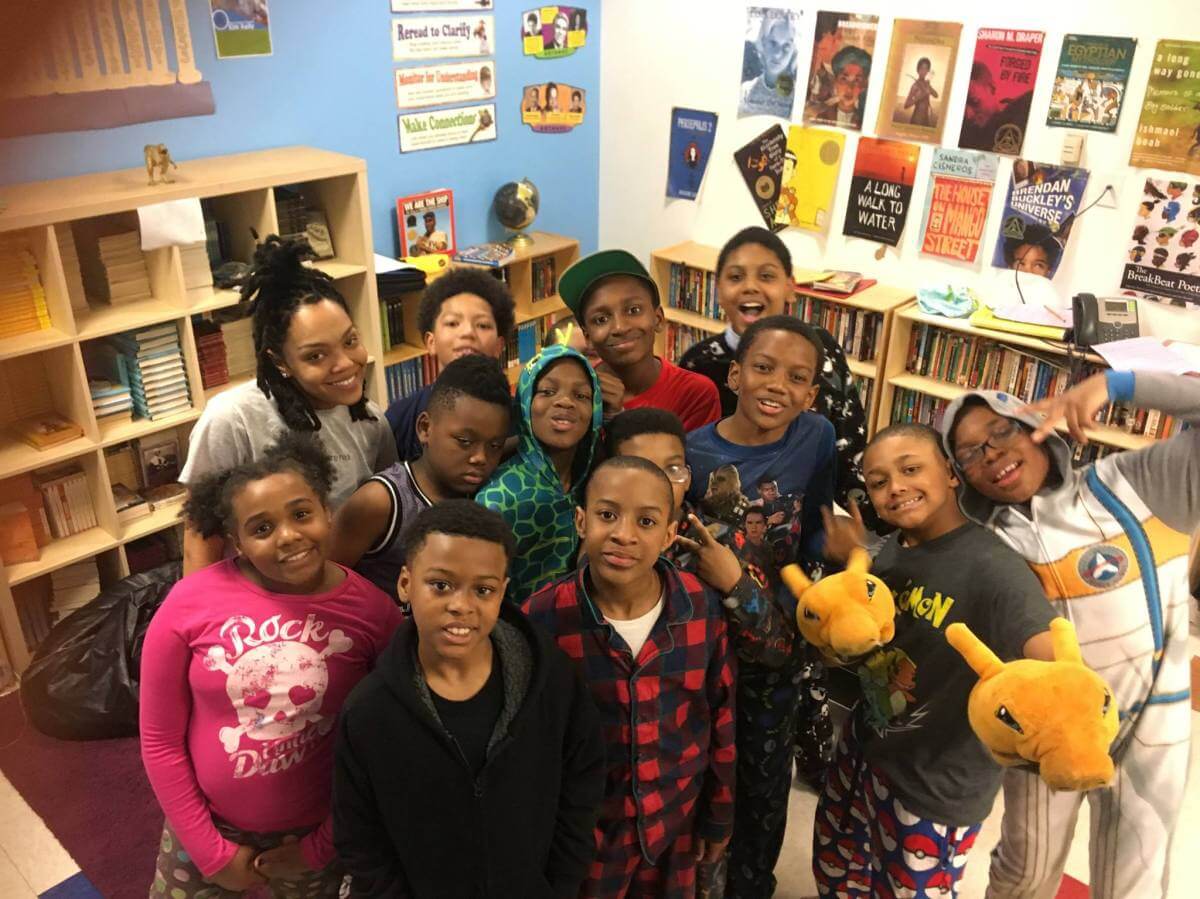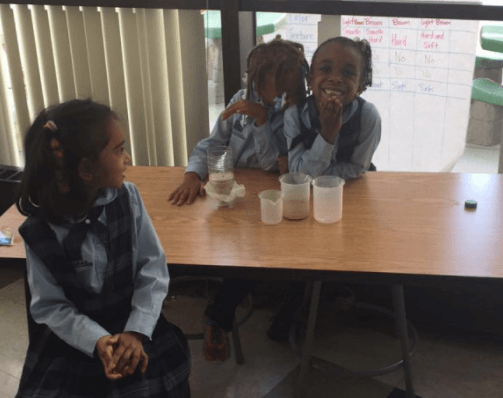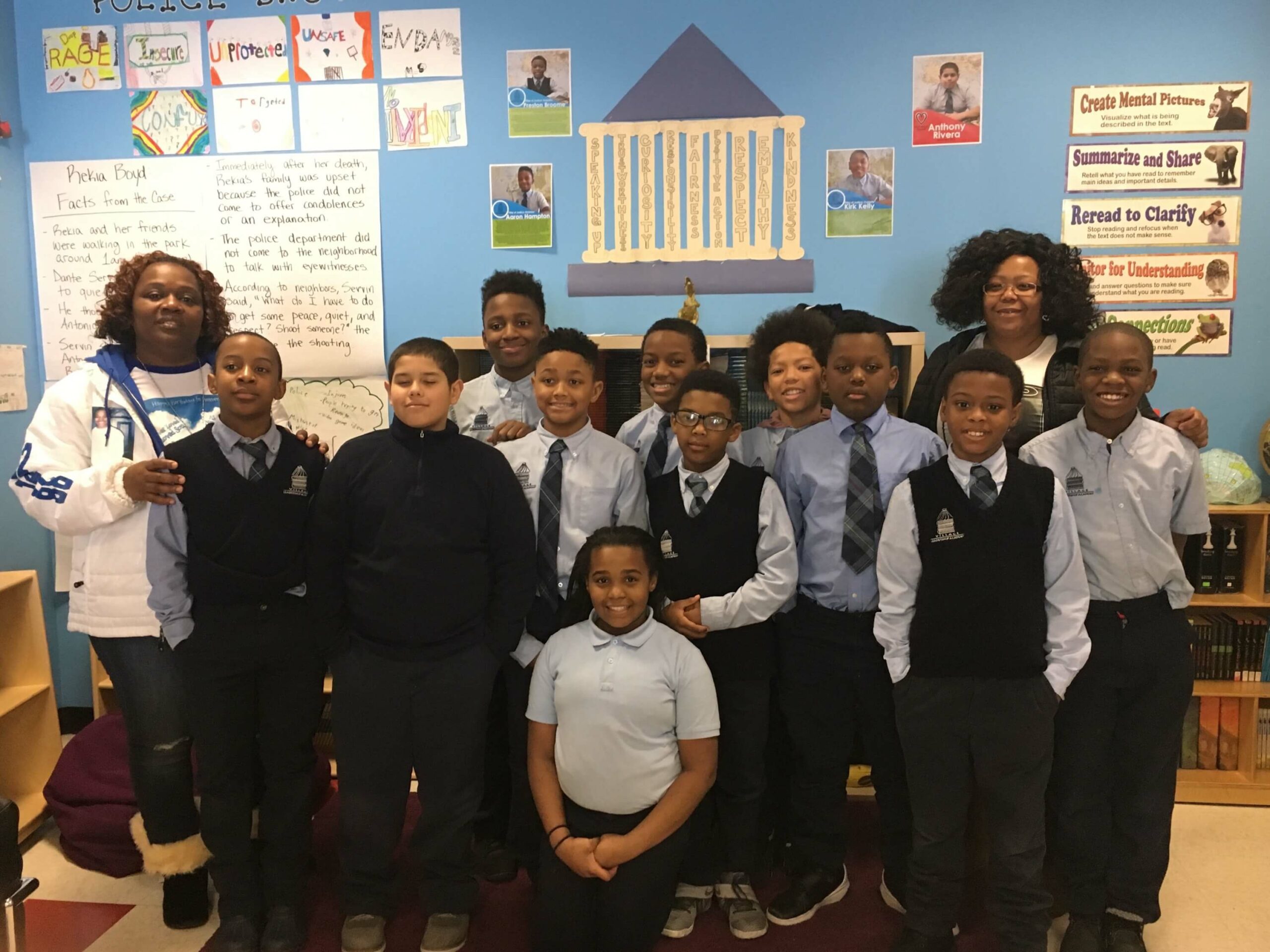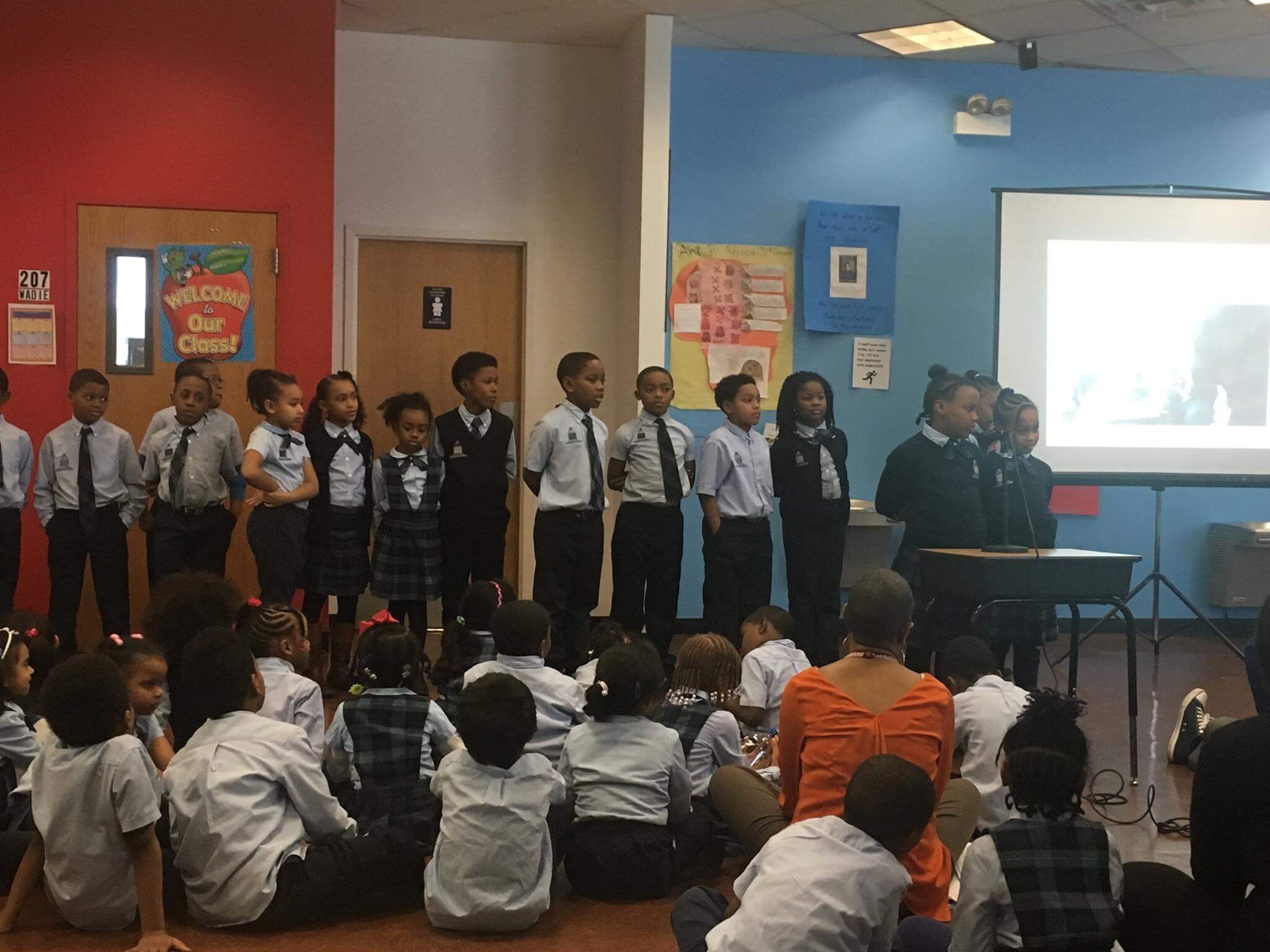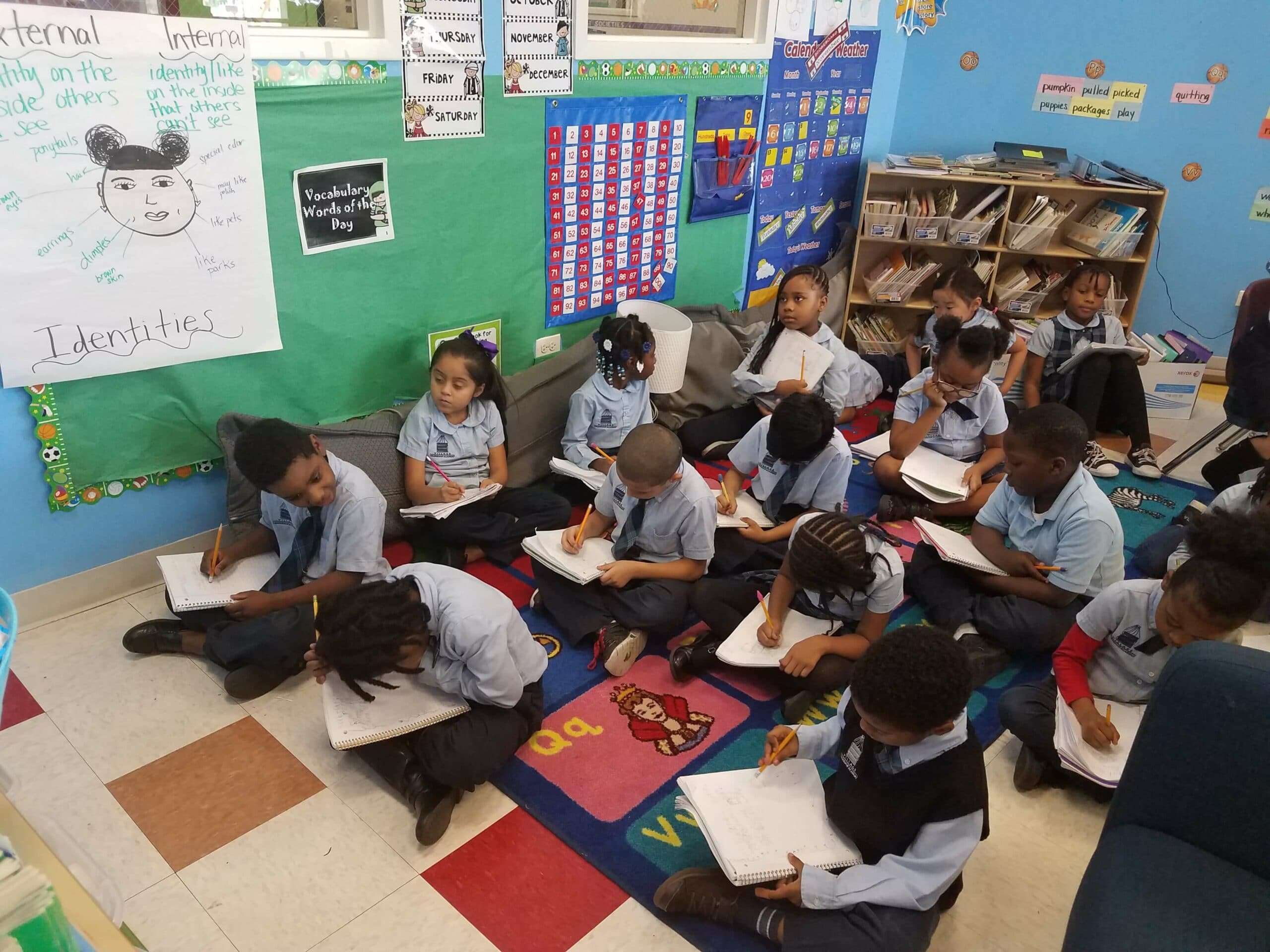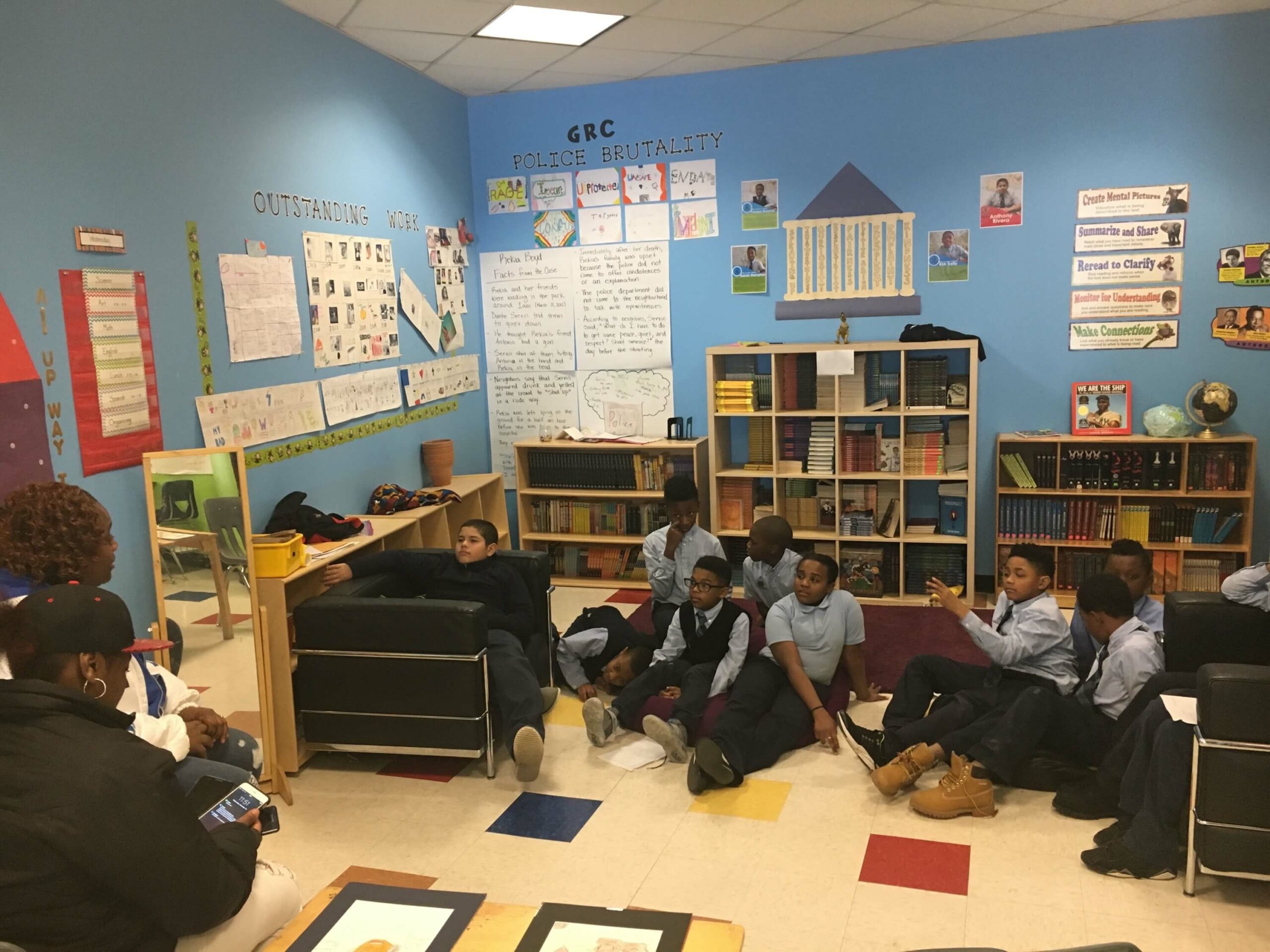Blog
The Immortal Life of Henrietta Lacks
By: VLA Teacher, Angela McByrd
However, much of science involves thinking and reflecting. Science is the practice of truth-seeking, problem-solving, and creative and critical thinking. At VLA, the expectation is that science goes deeper than experiments and labs.
Our young people need to develop critical thinking skills through hands-on and hands-off experiences and learning. Reading more articles and materials related to subjects in science help students develop the necessary skills for science and ultimately their lives.
All that said, I revealed to my 7th and 8th grade class that we would begin reading The Immortal Life of Henrietta Lacks, I received a ton of sighs, groans, and complaints.
“Why do we have to read a book in science?”
“Science class does not involve reading!”
“We’re already reading a book in literacy. Can we do something else?”
I was prepared for the complaints and the questions. We had just finished a short unit on cells, so I began to explain to students the premise of the book and how it relates to our previous unit. Students remained steadfast that this book would waste their time and mine.
However, I confidently pushed forward with my prepared Henrietta Lacks unit. We began with a short video on the background of the book. Students were slightly intrigued, but most still feigned disinterest. I knew that I would need to put in overtime to ensure that students had ways to remain engaged in the book and our unit.
To ease student concern, I assured the class that all reading would occur in science class, so as not to interfere with their reading for literacy. I also had planned discussion questions prepared after our short readings each day. Students also received short writing homework assignments from time to time, centered around the book. Students showed some relief as we began our first day of reading the book.
What began as a slow start turned into intensive reading sessions. Students started to generate more questions, beyond the discussion questions I had prepared. A lot of the science in the book requires at least a high school level of science, however the students navigated through it flawlessly. Many of them would reflect on the in class readings outside of science class.
Students began to see the social implications of the book and how science has (and even now continues) to misdiagnose, mistreat, and demean people of color. They eventually branched out and started to question the bioethics related to other topics in science, such as abortion, euthanasia, and AIDS, to name a few. Students wanted to focus on ways to prevent any people of color from dealing with the same issues Henrietta Lacks and her family had to experience.
Reflecting on unit, I realized that I brought a new type of science to my students, something they had never experienced before. They had the opportunity to think about and discuss topics usually only discussed in high school or college courses. They also recognized how science plays a role in certain decisions that political figures and major companies make about the lives of people. They recognized how science plays a role on the lives of individuals outside of the classroom.
They realized that their bodies, from their organs, to their tissues, to their cells, belong to them and to not to allow companies to profit from them without their permission. In essence, the students learned about consent that occurs even at the most microscopic, molecular level. Every part of them matters, and I will continue to teach and reiterate that point to each one of my students because I believe it is in knowing that they matter, greatness is instilled in them.
Enroll Now
Discover a partner in the future of your child. Enroll your scholar for the 2021-2022 school year today!
